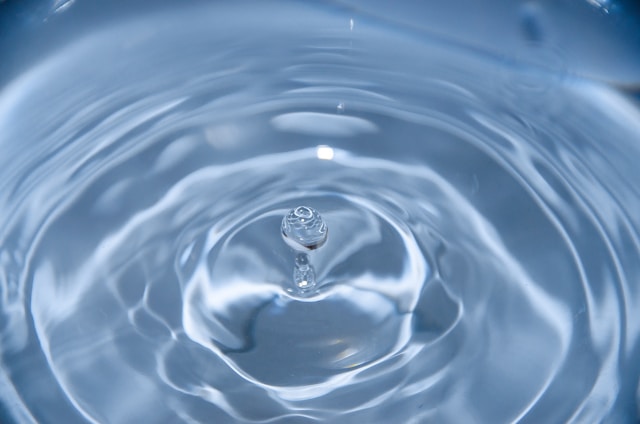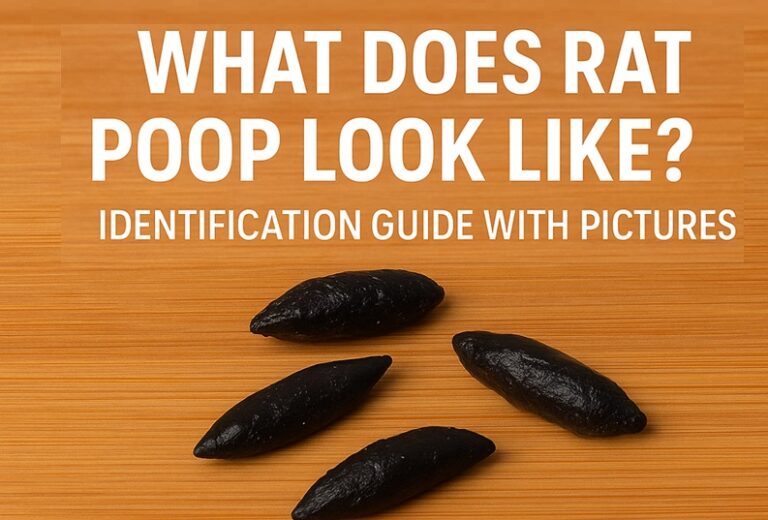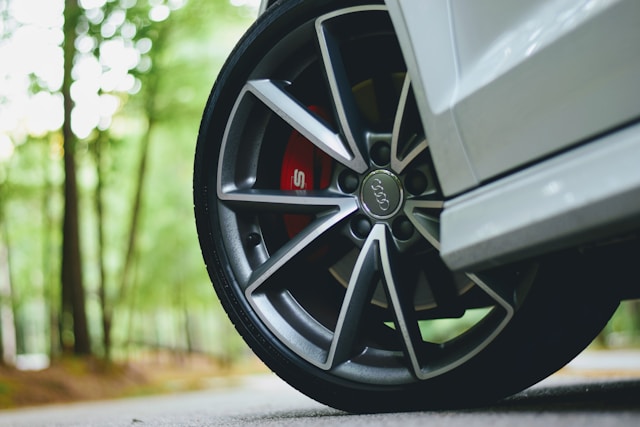Why Water Matters
Every day, we make small choices. Some are simple, like buying a bottle of water. Yet even that choice has a big impact. Around the world, people throw away more than 16,000 plastic bottles every second.
Most of these bottles never get recycled. They pile up in landfills, float in rivers, or break down into tiny pieces called microplastics. These tiny bits end up in fish, drinking water, and even in our bodies.
This is why water is the perfect place to start when thinking about sustainable living. We all drink it, and the way we get it affects both the planet and our health.
The Problem with Plastic
Plastic pollution is growing fast. Over the last 40 years, plastic production has more than quadrupled. In the U.S., people throw away over 60 million bottles every day. Less than one-third gets recycled.
The rest stays in the environment for hundreds of years. Scientists warn that by 2050, there may be more plastic in the ocean than fish. This waste kills marine animals, damages soil, and harms human health.
Why Small Changes Work
At first, making changes can feel too small to matter. But small changes add up. For example, a family of four who switches from bottled water to a home filter can save 3,000 bottles a year.
There’s also something called the spillover effect. When people make one eco-friendly change, they are more likely to make others. If you start with water, you may later shop differently, save energy, or recycle more.
Better Water Choices
We all need clean water. Bottled water is convenient, but it is wasteful. Luckily, there are better options:
- Under-Sink Filters
These systems give safe water without the need for bottles. Some models use stainless steel and recyclable parts to cut waste. For example, the Waterdrop TST-UF 0.01 μm Ultra-Filtration Under Sink Water Filter is one option, but many other brands make similar eco-friendly filters.
- Ceramic and Gravity Filters
These are low-cost, long-lasting filters. They don’t need electricity and are used widely in rural areas.
- Rainwater Harvesting
Collecting rain for gardening or cleaning saves municipal water. With good filters, rainwater can sometimes be used for drinking too.
- Public Refill Stations
Many cities now offer free refill spots. These stations make it easy to carry a reusable bottle instead of buying plastic.
Bottled vs. Filtered vs. Harvested: Quick Comparison
| Water Source | Pros | Cons |
| Bottled Water | Easy, portable | Wasteful, costly, polluting |
| Under-Sink Filters | Clean, steady supply | Upfront cost, maintenance |
| Ceramic/Gravity Units | Durable, no power needed | Slower, small capacity |
| Rainwater Harvesting | Saves resources | Needs setup, rules may apply |
| Public Refill Spots | Free or cheap | Limited in some locations |
Health and the Planet
Eco-friendly water options help both people and the planet. Filters remove chlorine, metals, and odors. At the same time, they keep healthy minerals like calcium and magnesium.
This means you get better water while cutting down on plastic. It’s a double win—better health and a healthier Earth.
How to Start at Home
Here are simple steps to begin:
- Install a long-lasting water filter.
- Carry a reusable stainless steel or glass bottle.
- Track your family’s bottled water use for a week.
- Teach kids to refill bottles and learn why it matters.
- Ask schools or offices to add refill stations.
Common Questions
Is tap water safe?
In many places, yes. But pipes, chlorine, or local issues make some people prefer filters.
Do filters waste water?
Some older systems do. Newer models are much more efficient.
What about cost?
Bottled water costs hundreds of dollars a year. Filters often save money over time.
Which filters are most eco-friendly?
Choose ones with recyclable parts and long lifespans. Stainless steel and ceramic are good choices.
A Better Future
It’s easy to feel powerless in the face of big issues like pollution or climate change. But water shows how everyday choices matter. If enough people stop using single-use bottles, demand for plastic will drop.
Imagine a future where refill stations are everywhere, and bottled water is a thing of the past. That world is within reach if we take action now.
Conclusion
Sustainable living starts with small steps. Water is the best first step because it’s something we all use every day.
Choose a reusable bottle. Install a filter. Support refill stations. Each action saves plastic, protects health, and shapes a better world.
Every drop counts.




